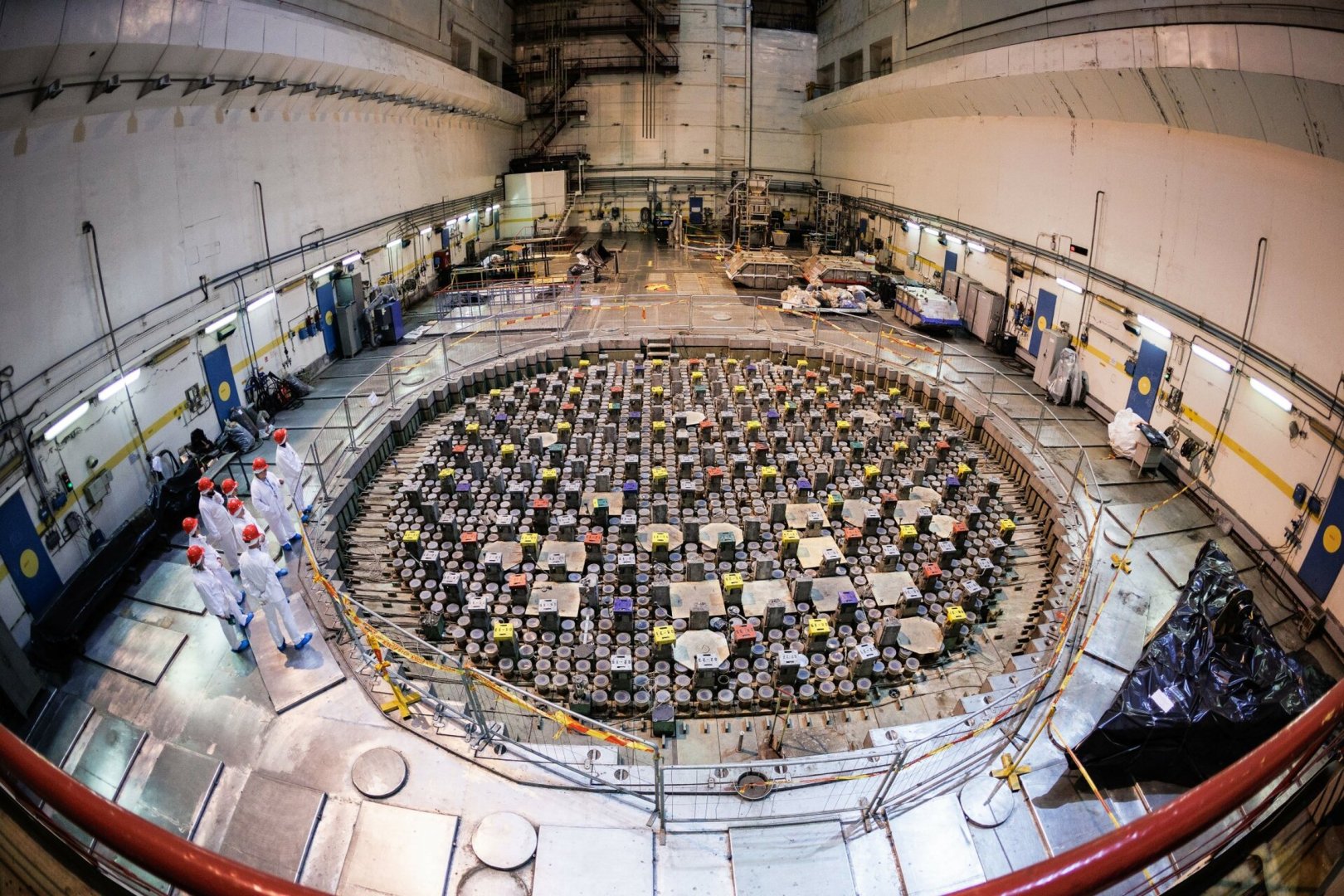BAKU, Azerbaijan, July 3. On July 2, the Lithuanian Government kicked the tires on the possibility of ramping up nuclear energy in the country, giving the green light to form a specialized working group under the Ministry of Energy, and the initiative includes the participation of the Ignalina Nuclear Power Plant and tasks the State Nuclear Power Safety Inspectorate with drafting regulatory safety proposals, Trend reports.
“The return of nuclear energy to the national strategic agenda signals that Lithuania is planning for the future—seeking long-term energy stability, independence, and innovation,” said Linas Baužys, CEO of the Ignalina Nuclear Power Plant. “With electricity demand in Lithuania projected to more than triple by 2050, we must seriously and professionally evaluate all viable generation sources that can provide clean, reliable, and competitive energy,” the communique reads.
Baužys underscored that Ignalina, leveraging its extensive operational and decommissioning expertise in nuclear facilities accrued over decades, is optimally positioned to provide critical technical insights and specialized knowledge for the feasibility study.
“Our accumulated expertise is invaluable when it comes to planning next-generation nuclear capabilities,” he added.
Public sentiment toward nuclear development has also evolved. According to a 2023 public opinion poll initiated by Ignalina Nuclear Power Plant, 42 percent of Lithuanian residents support the development of new-generation nuclear energy.
The newly formed task force will include representatives from key government institutions, academic research bodies, and energy sector companies. Its mission is to conduct a comprehensive analysis, engage the public, consult with international experts, and produce a strategic report outlining viable nuclear energy pathways for Lithuania. Ignalina Nuclear Power Plant has been assigned to provide technical studies, reporting, and documentation to support evidence-based decision-making.
In alignment with Lithuania’s National Energy Independence
Strategy, ratified in the preceding year, the nation is mandated to
evaluate a comprehensive array of energy generation modalities to
address escalating demand and fulfill climate objectives. The
projected trajectory of electricity consumption is anticipated to
escalate from 24 terawatt-hours (TWh) in the year 2030 to a
substantial 74 TWh by the year 2050.
The strategic framework delineates that a resolution regarding
small modular reactors (SMRs) is to be reached by 2028, with the
inaugural 0.5 GW nuclear reactor anticipated to be operational by
2038, succeeded by supplementary units by 2050. A cumulative
capacity of up to 1.5 GW is currently being evaluated.
Proponents contend that nuclear energy has the potential to serve
as a pivotal component within Lithuania's renewable-centric energy
framework, facilitating grid reliability amidst the variability of
solar and wind generation outputs. Nuclear energy, as a dependable
and emissions-free modality, has the potential to facilitate the
nation’s attainment of climate neutrality objectives, all while
ensuring the stability of electricity provision and sustaining
competitive tariff structures.
Stay up-to-date with more news on Trend News Agency's WhatsApp channel







